Technical Applications of Elastomeric Foam (Rubber-Plastic Boards) in Automotive Interior Noise Insulation
2025-06-18 16:57:29
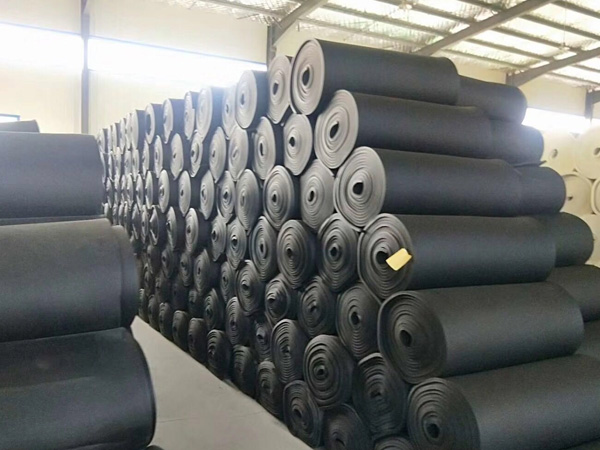
Technical Applications of Elastomeric Foam (Rubber-Plastic Boards) in Automotive Interior Noise Insulation
Elastomeric foam (rubber-plastic insulation) is widely used in automotive interiors for its superior noise, vibration, and harshness (NVH) control properties. Below is a detailed analysis of its technical applications in vehicle noise insulation.
1. Key Performance Advantages for Automotive Use
Sound Absorption & Damping
Effectively reduces mid-to-high-frequency noise (500–5000 Hz) from road, wind, and engine sources through its porous yet closed-cell structure5.
Exhibits a Noise Reduction Coefficient (NRC) of 0.7–0.9, outperforming traditional materials like fiberglass or PU foam2.
Vibration Isolation
High elasticity absorbs mechanical vibrations from engines and suspensions, reducing structure-borne noise1.
Moisture & Heat Resistance
Maintains performance in humid conditions (e.g., door panels) due to hydrophobic properties, unlike conventional foams that degrade3.
2. Core Applications in Automotive Interiors
(1) Door Panel Insulation
Installation Method:
Layered between the inner metal panel and interior trim to block external noise (e.g., traffic, wind)1.
Combined with butyl damping sheets for enhanced low-frequency noise suppression5.
Material Selection:
3–5mm thick elastomeric foam with self-adhesive backing for easy assembly-line application.
(2) Floor & Trunk Soundproofing
Multi-Layer Design:
Base layer: High-density (≥80 kg/m³) foam for impact noise reduction.
Top layer: Lightweight foam with carpet overlay for acoustic comfort5.
Moisture Management:
Closed-cell structure prevents water absorption, crucial for preventing mold in carpet underlays3.
(3) Headliner & Pillar Insulation
Weight Optimization:
Thin (2–4mm) elastomeric sheets reduce roof cavity resonance without adding bulk2.
Fire Safety:
Meets FMVSS 302 flammability standards for overhead applications.
(4) Dashboard & Firewall Insulation
Heat Resistance:
Withstands engine bay temperatures up to 120°C while blocking engine noise1.
Custom Molded Shapes:
Pre-formed foam pieces fit complex geometries around wiring and HVAC components.
3. Advanced Technological Integration
Hybrid Material Systems
Combined with mass-loaded vinyl (MLV) for low-frequency noise control (e.g., tire rumble)5.
Aerogel-infused variants for premium vehicles requiring ultra-thin, high-performance insulation.
Sustainable Formulations
Recycled rubber content (up to 30%) reduces environmental impact without compromising NVH performance1.
4. Manufacturing & Installation Innovations
Laser-Cut Precision
CNC-cut foam panels ensure perfect fitment in modular vehicle platforms.
Self-Adhesive Backing
Eliminates the need for secondary adhesives, speeding up assembly line processes2.
5. Future Trends
Smart Noise Cancellation
Integration with active noise control (ANC) systems for adaptive sound management.
Bio-Based Elastomers
Development of plant-derived rubber alternatives for eco-friendly insulation1.
For high-end vehicles, manufacturers are adopting graded-density foam—softer layers for absorption and denser layers for blocking noise. Meanwhile, electric vehicles (EVs) prioritize lightweight elastomeric foam to offset battery weight while maintaining cabin quietness5.
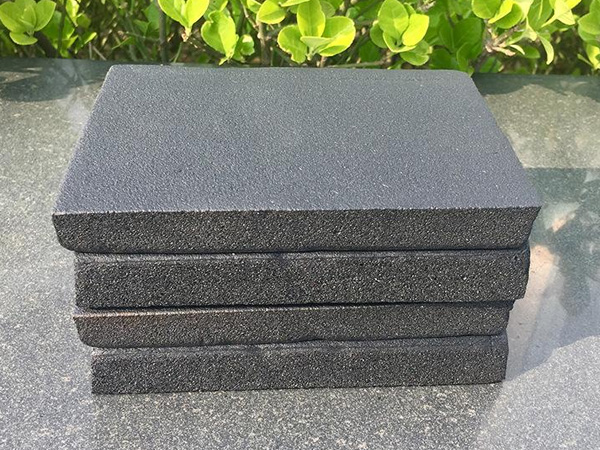
OurFlame Retardant Rubber Foamis a premium closed-cell elastomeric insulation material engi...
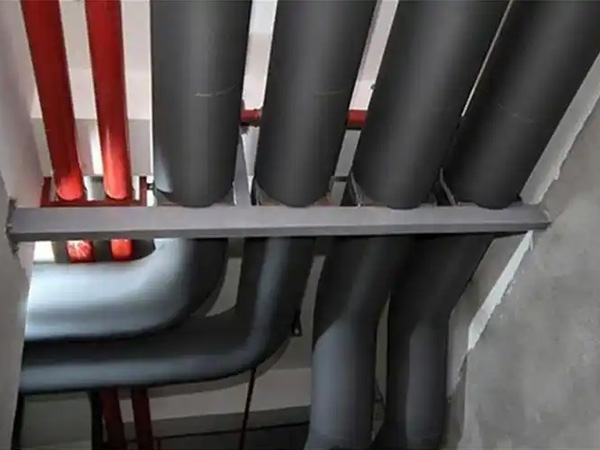
OurRubber Pipe Insulationis a high-performance solution designed specifically for HVAC pipi...
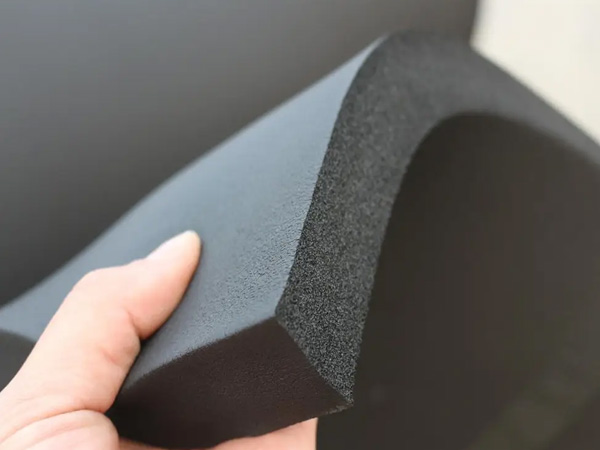
Rubber Foam Insulation Sheet – Product Introduction Premium Flexible Insulation for Therm...
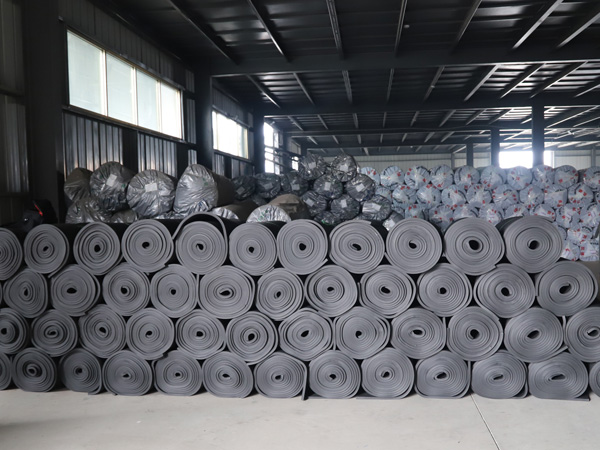
Specially engineered for refrigeration applications, ourElastomeric Rubber Insulationprovid...



